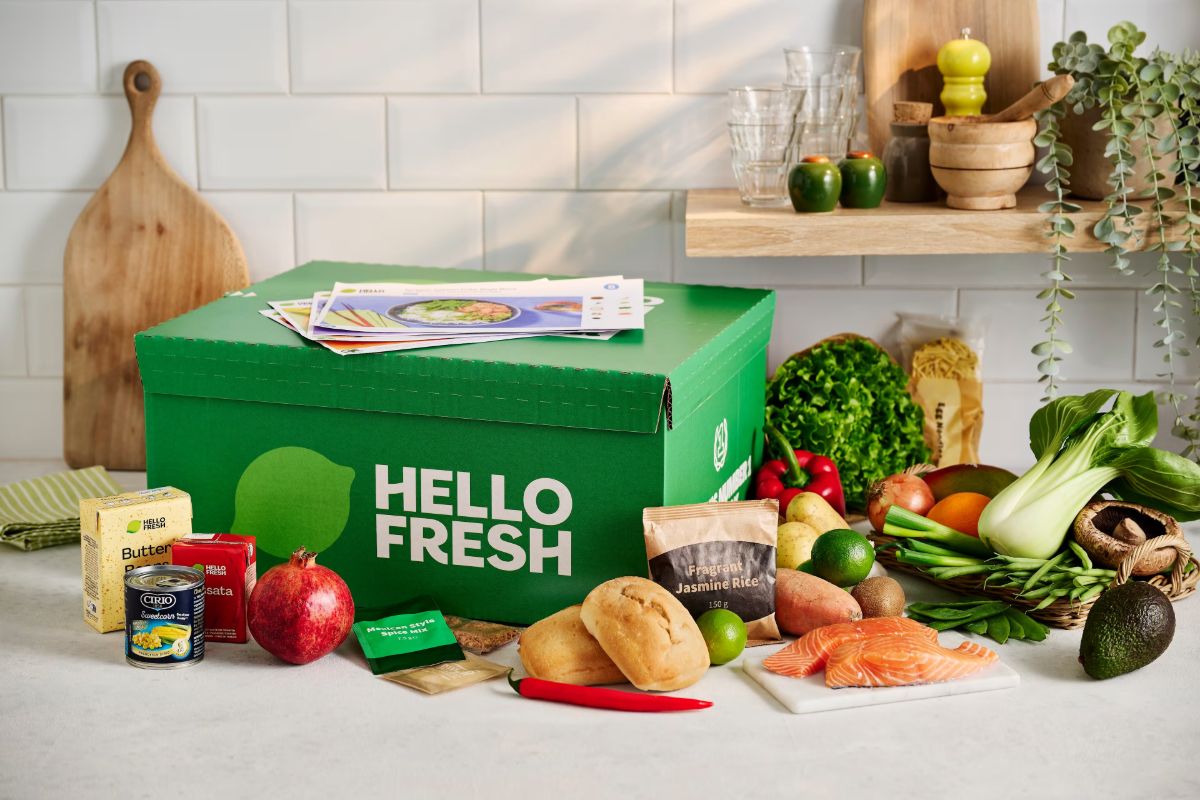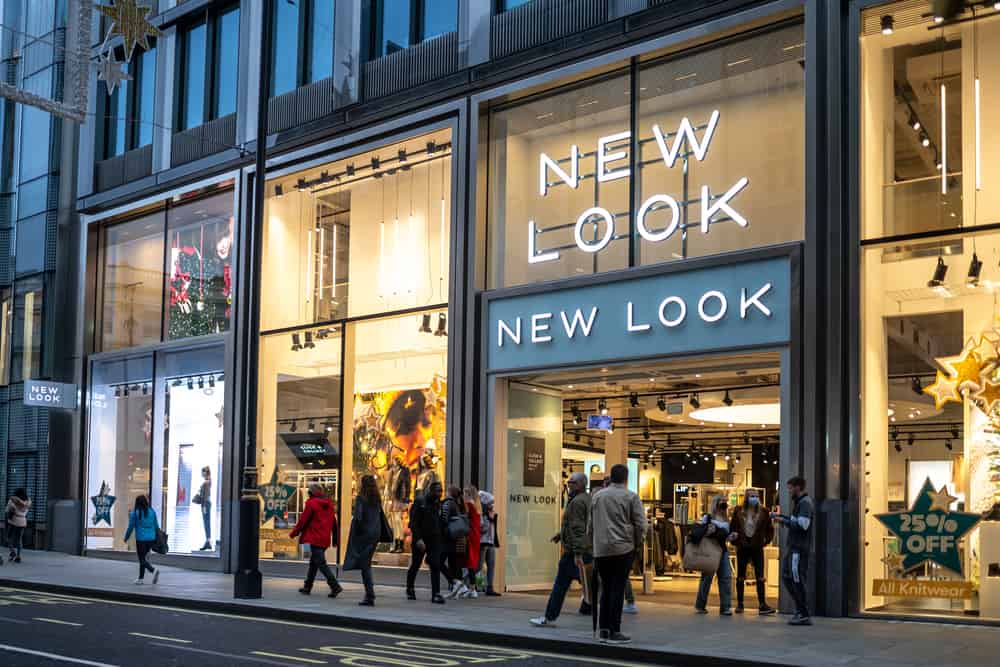Shop Direct chief executive Alex Baldock has welcomed news of a boost to broadband in yesterday’s Budget.
Chancellor George Osborne yesterday said in his Budget speech that the government would support long-term investment in digital communications infrastructure, including what he termed “a new ambition that ultrafast broadband of at least 100MB/s should be available to nearly all UK premises.”
Osborne also said the government would support improvements that will pave the way for better mobile broadband connectivity, and provided £1.1m for the Government Equalities Office IT challenge Fund that will support women to take their businesses online, using superfast broadband.
Alex Baldock, group chief executive of the UK’s fourth largest online retailer Shop Direct, said: “We’re thrilled that the government has pledged to make ultrafast broadband a reality for all. A fifth of the population has no access to broadband, wi-fi or mobile phone coverage. This is a big drag on the digital economy today.
“Superfast broadband will boost online sales by over £500m a year. This technology has changed not just how we shop, but how we live. Everyone, wherever they are, deserves it. It’s great news for Shop Direct customers, and will allow us to make lives easier nationwide.”
Shop Direct operates brands including Very.co.uk and Littlewoods.com.
Elsewhere in the Budget, the chancellor confirmed that a ‘diverted profits tax’ would come in to force on April 1, through the Finance Bill 2015. The tax, which has been dubbed a ‘Google tax’, is aimed at companies that move their profits abroad and avoid tax by doing so. Online retailers who trade in the UK but account for their profits in other European jurisdictions, such as Amazon , are also expected to be affected by the tax. The measure is expected to raise £25m in 2015-16, rising to £360m in 2017-18.
As Marketing Manager of PrioryDirect.co.uk, which is Europe’s leading supplier of integrated labels and packaging with 23000 clients within the ecommerce sector, Josh Pitman is uniquely positioned to assess the impact of the Budget on the industry as a whole, here is his assessment.
Josh Pitman, marketing manager of PrioryDirect.co.uk, which supplies labels and packaging to the ecommerce industry, welcomed the tax. “The diverted profits tax will help level the playing field between UK-based businesses and those that report their profits elsewhere,” he said. “Dubbed the ‘Google tax’, it will encourage a more competitive marketplace by reducing the unfair rates advantages achieved by the likes of Amazon.”
Pitman also welcomed the review of business rates, which he said could encourage smaller retailers to go online by removing “unfair rates penalties associated with high rental retail properties and freeing up some capital for them to invest in new routes to market. “The growth in the ‘clicks and bricks’ and ‘click and collect’ ecommerce business model has been clearly evident in our data with the incidence of retail addresses in our database for delivery of labels and packaging supplies up 22% in the last year alone and 76% of online shoppers predicted to use click and collect by 2017,” he said. “This review promises immediate improvements and opens the door to going much further in the years to come with discussions around removing a million small business from the business rates scheme entirely which would only reduce the revenue generated by 6% and provide much needed support to the high street and small business sector.”
He also said: “It’s undeniable that the £600million put aside to invest in superfast broadband will have a huge positive impact on the sector. It will give the UK ecommerce market a big advantage in terms of route to market within the UK itself and will help UK businesses compete more successfully into the European ecommerce market which is set to grow by 18.4% to £156.67bn in 2015.”
Finally, Ian Malone, chief executive and founder of proximity marketing specialist Airspace, said the budget was promising for retailers. “Firstly, the pledge to make ultrafast broadband a reality for nearly all UK premises will help retailers to introduce newer, more innovative ways to help service their customers better,” he said.
He added: “The other aspect of the budget that was particularly interesting was the government’s pledge to assign funds to develop applications for the Internet of Things and smart cities, The funding forms part of what the Treasury describes in the Budget document as ‘strategic science and innovation investments to make the UK a global leader in emerging markets and technologies.’ The Internet of Things is another huge opportunity for retailers.
“Right now the conversation is about providing what we call Private Networks to retailers so that they can engage and get insight from their own visitors. In the future we have Open Networks planned, ie out-of-home Internet of Things that will enable conversations between cars and individual parking spaces in shopping centres, for example. Your car will recognise you are on a regular route (to the mall) and it will check ahead to see if your preferred parking bay is available.
“With the introduction of these two key areas of investment, the UK is well placed to be a global leader in the development of new innovative solutions for retailing.”








